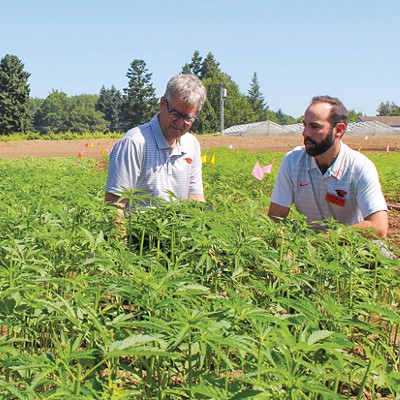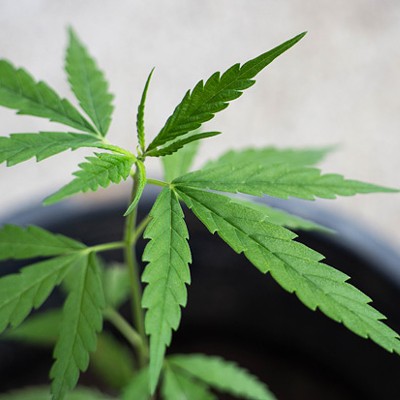What if cannabis can prevent and/or cure cancer? This is not a question that comes only from the wide-eyed rantings of stoned hippies. There is a substantial and growing body of research published in scientific journals after peer review that indicates this is a reasonable question informed by the best evidence available on the topic.
The first question for many people when they consider the relationship between cannabis and cancer is whether smoking cannabis can cause lung cancer. That was the hypothesis of pulmonologist Donald Tashkin of the David Geffen School of Medicine at the University of California at Los Angeles.
Dr. Tashkin says, "We hypothesized that there would be a positive association between marijuana use and lung cancer, and that the association would be more positive with heavier use. What we found instead was no association at all, and even a suggestion of some protective effect."
Dr. Tashkin has studied cannabis for over 30 years and his study was funded by the National Institutes of Health's National Institute on Drug Abuse. In 2006 he presented the results of his research to his peers at the American Thoracic Society International Conference in San Diego and published the results in the journal Cancer Epidemiology, Biomarkers & Prevention.
(Full citation: Hashibe, M. et al. Marijuana use and the risk of lung and upper aerodigestive tract cancers: results of a population-based case-control study. Cancer Epidemiology, Biomarkers & Prevention. 2006; 15(10): 1829-34.)
This "protective effect" for cannabis is in sharp contrast to tobacco smoking, where smoking leads to a higher risk of cancer, and more smoking increases that risk. For example, people who smoke two or more packs of cigarettes a day are 20 times more likely to get lung cancer. Just like tobacco smoke, cannabis smoke contains several known carcinogens. So why does it appear that cannabis smokers are not at increased risk for lung cancer?
Science has yet to answer that question, but as early as 1975 research published in the Journal of the National Cancer Institute noted that animals treated with THC "demonstrated a dose-dependent action of retarded tumor growth."
(Full citation: Munson, AE et al. Antineoplastic activity of cannabinoids. Journal of the National Cancer Institute. 1975; 55(3): 597-602.)
If cannabis does slow or stop tumor growth, that would explain findings of research based on an 11-year study and published in the scientific journal Urology that "cannabis use only was associated with a 45 percent reduction in bladder cancer incidence."
(Full citation: Thomas, AA et al. Association between cannabis use and the risk of bladder cancer; Results from the California Men's Health Study. Urology. 85(2): 388-93.)
This scientific evidence led the National Cancer Institute in 2011 to post on its website (cancer.gov) this statement: "In the practice of integrative oncology, the health care provider may recommend medicinal Cannabis not only for symptom management but also for its possible direct antitumor effect" (emphasis added). Unfortunately, this statement was subsequently removed from the website.























